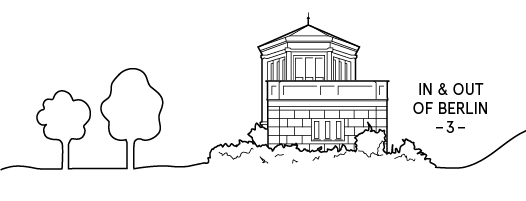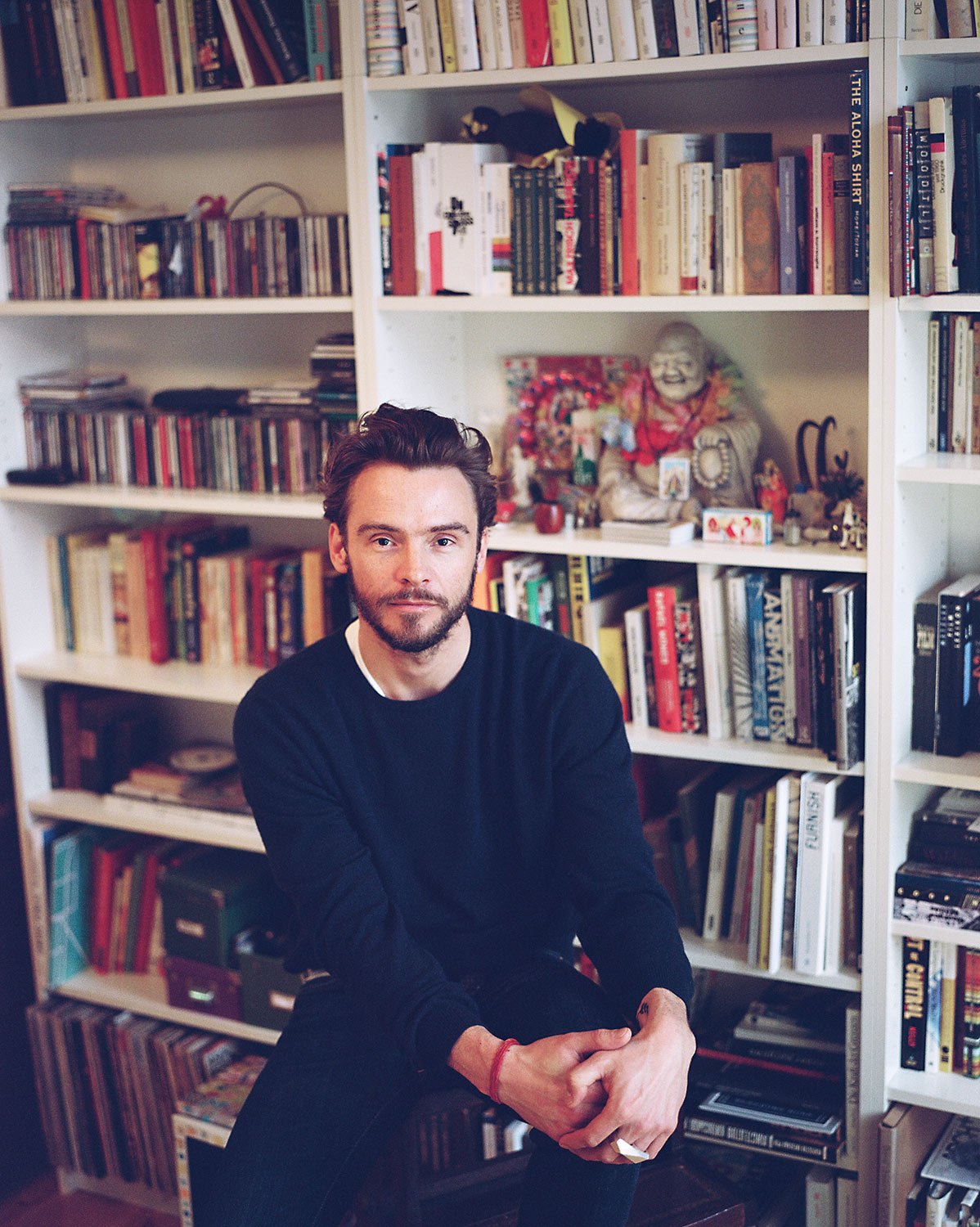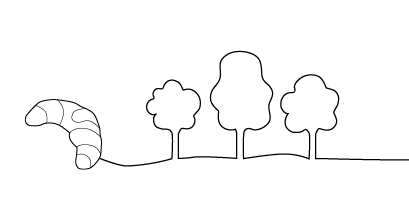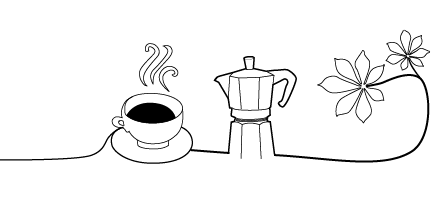-
Lukas Feireiss (*1977) is a curator, writer and artist who in his artistic, curatorial, editorial and consultive work aims at the critical cut-up and playful re-evaluation of creative and spatial production modes and their diverse socio-cultural and medial conditions. Lukas Feireiss teaches at various universities worldwide and is visiting professor for space and design strategies at the University of Art and Design Linz, Austria, and is also the editor and author of numerous books and publications He graduated in Comparative Religious Studies, Philosophy and Ethnology from Berlin’s Free University, where he specialized in the dynamic relationship between architecture and other fields of knowledge.
Since 2010 he has run Studio Lukas Feireiss, an interdisciplinary creative practice focused on the discussion and mediation of architecture, art and visual culture in the urban realm.


(Photo: Ina Schoenenburg / artberlin.de)

Lukas Feireiss
Berlin-born curator, writer and artist Lukas Feireiss loves his hometown – mythos included – but has doubts about where it might be heading.

»Every city is to some extent both beneficiary and prisoner of its own myth and cliché – and Berlin is a prime example of this phenomena. With every new Berliner coming into town, this city constantly reinvents and revives its own particular myth: that of creative capital and libertine playground.«
»I generally love the rough architectonic collage that the inner city is made of. Things constantly clash without clashing. And life in Berlin is still largely neighborhood-based. Each district of the city offers almost everything you need – theater, cinema, galleries, museums, shopping – so little movement is necessary.«
»We are at a pivotal point in the development of the city, in danger of losing exactly what made Berlin so attractive in the first place: freedom of space, unpretentiousness in attitude and low rents. We’re currently taking a wrong turn towards mainstream city development.«
-


Ellen Blumenstein
Ellen Blumenstein has been chief curator of KW Institute for Contemporary Art since January 2013. KW’s main building, set back by a courtyard from Auguststraße in Berlin Mitte, is a former margarine factory that was renovated to become an art space in the 1990s, and has since become emblematic of Berlin’s international art scene after the fall of the wall. Yet Mitte’s changing identity in recent years – now dominated by private collections, boutiques, and tourism – has changed KW’s immediate context and public, a fact that Blumenstein addresses head-on.

(Photo © Edisonga courtesy KW)
-
Ellen Blumenstein
Ellen Blumenstein, 1976 born in Witzenhausen, Germany, lives and works in Berlin, and has been chief curator of KW Institute for Contemporary Art since January 2013. Her first projects included the exhibitions Relaunch, Kader Attia: Repair. 5 Acts, and the launching of a comprehensive new events program. Prior to this she was an independent curator, member of curatorial collective THE OFFICE and founder of project space Salon Populaire. Between 1998-2005 she worked as a curator for KW, realizing amongst other projects, the exhibition Regarding Terror: The RAF-Exhibition (with Klaus Biesenbach, Felix Ensslin, 2005). More recently her exhibitions have included Between Two Deaths at ZKM in Karlsruhe (with Felix Ensslin, 2007) and Agulhas Negras — On the necessity to Discuss Social Functions of Contemporary Art in São Paulo/Campos do Jordão, Brazil (2008). In 2011 she was the curator for the Icelandic Pavilion at the Venice Biennial.

»The first time I came to Berlin was in my early twenties to go to the Love Parade with some friends. I was living in Hamburg and studying literature and music, and Berlin felt too big and uncontrollable for me. But after working for Documenta X in 1997 and falling in love with art, I was quickly convinced that Berlin was the city where I’d have to go; the move felt right from the moment I stepped onto the platform at Bahnhof Zoo and found an apartment within half a day on Kastanienallee in Prenzlauerberg.«
»The city's problem in the future will be a lack of artists and practitioners who engage with their habitat; it needs places where segmented groups and practitioners can cross-over and become visible to a broader audience so they can make an impact. This is a task for KW – we are working with partners like the magazine Arch+ and a network of Berlin project spaces to develop strategies to use our institutional power and impact for both political purposes and for visibility.«
»The city has already been lost as the city of producers that it was appreciated for being by creatives from all over the world in the past decades. In the broadest sense in terms of city planning and development and in positioning itself towards contemporary culture, politicians in Berlin have been entirely uninspired and shortsighted about imagining a future city. We have witnessed the economic development of our city without being able to do anything about it. It is too late to lock the stable door after the horse has bolted, so what has to be done now is to insist on keeping the last remaining spaces – in the literal sense as well as in terms of spaces for thought – open, with whatever means seem appropriate.«

-
Karin Sander (* 1957 Bensberg, Nordrhein-Westfalen) is an artist who lives and works in Berlin and Zurich. She exhibits internationally, with previous solo exhibitions in Auckland, New York, Tokyo amongst other places. Most recently she has had solo shows at the Humboldt Lab Dahlem, Berlin, Lehmbruck Museum, Duisburg (both 2013), the Staatliche Kunsthalle, Karlsruhe (2012), Neuer Berliner Kunstverein (2011), Kunstmuseum St. Gallen (2010) and K20 Kunstsammlung NRW, Düsseldorf (2010).
Since 2007 she has been a professor at ETH Zurich Swiss Federal Institute of Technology and from 1999 to 2007 Sander was a professor at the Kunsthochschule Weissensee, Berlin.


Karin Sander
The artist Karin Sander starting commuting to Berlin in 1999 when she began a professorship at the Kunsthochschule Weissensee, finally moving to the city in 2003. She lives in an apartment attached to her studio, both designed in collaboration with the architects Sauerbruch Hutton.

»One characteristic of living in this city? That we all keep talking about it.«
The artist Karin Sander in her apartment. (Photo: Noshe)
-
Search
-
FIND PRODUCTS
PRODUCT GROUP
- Building Materials
- Building Panels
- Building technology
- Façade
- Fittings
- Heating, Cooling, Ventilation
- Interior
- Roof
- Sanitary facilities
MANUFACTURER
- 3A Composites
- Alape
- Armstrong
- Caparol
- Eternit
- FSB
- Gira
- Hagemeister
- JUNG
- Kaldewei
- Lamberts
- Leicht
- Solarlux
- Steininger Designers
- Stiebel Eltron
- Velux
- Warema
- Wilkhahn
-
Follow Us
Tumblr
New and existing Tumblr users can connect with uncube and share our visual diary.
»Form follows feminine.«
Oscar Niemeyer
Keyboard Shortcuts
- Supermenu
- Skip Articles
- Turn Pages
- Contents


